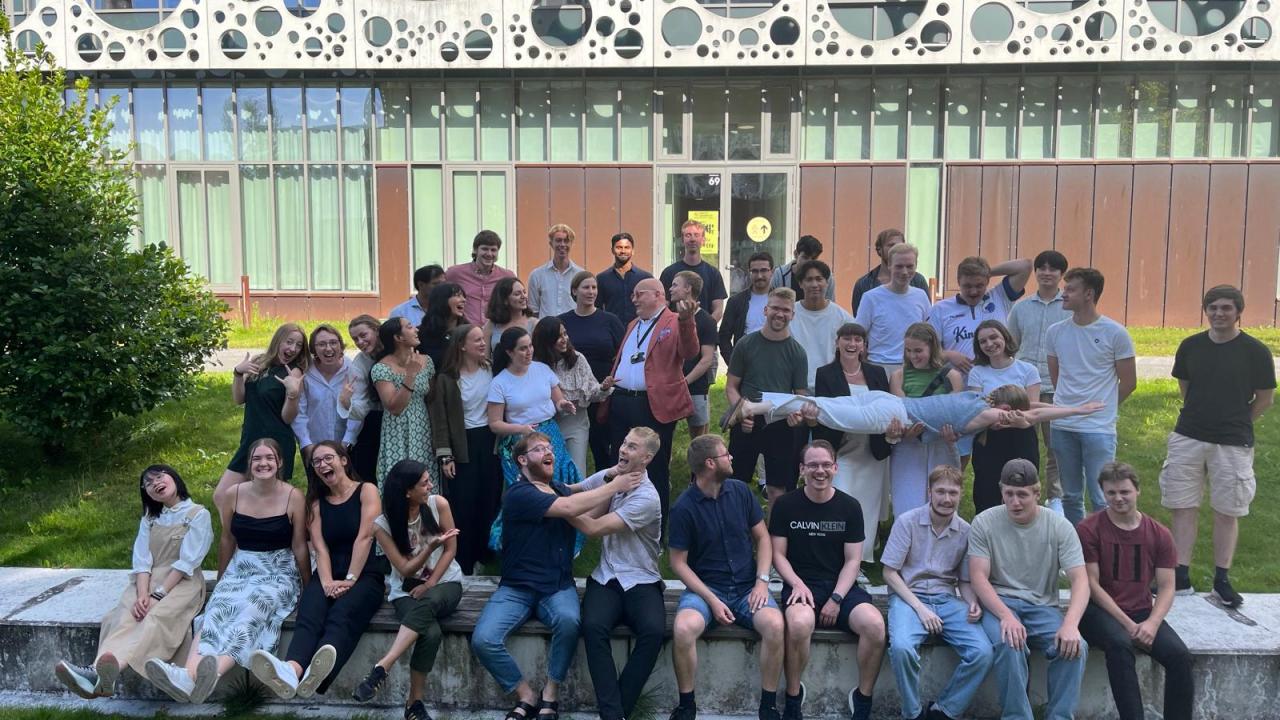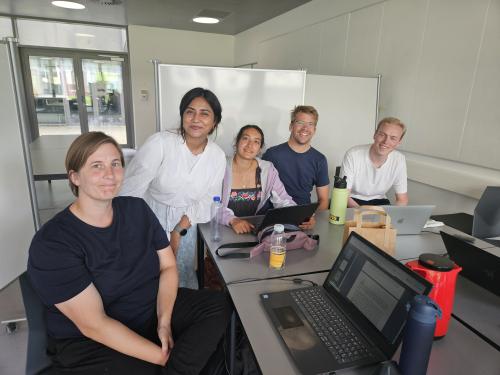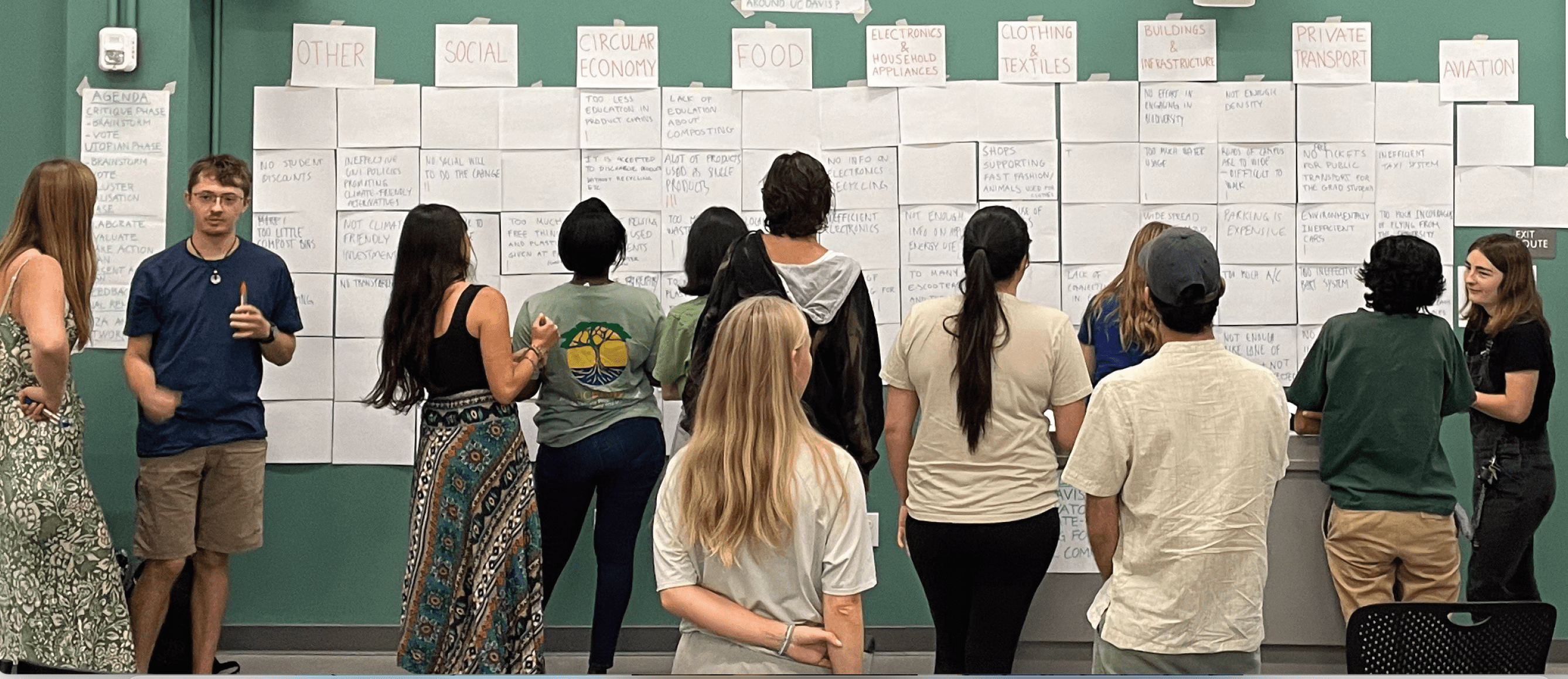
Summer 2024: "Cities and Climate Change" Summer School at Southern Denmark University
Preparations for the 2024 summer exchange program began even before wrapping up ABT- 212 course, 'The path to zero-net-energy'. The exchange included a two-week summer school held at the University of Southern Denmark (SDU), in collaboration with the D-Lab at UC Davis and SDU. The program titled 'Cities and Climate Change', was centered on evaluating and enhancing an existing climate action plan for a selected city. Students engaged in-depth research, group collaboration, and systems analysis, with a strong emphasis on understanding the interconnection between climate change, socio-economic vulnerability, and urban development.

Beyond the academic work, the program also provided rich networking opportunities. Students interacted closely with faculty, researchers, and peers from both UC Davis and SDU, gaining insights into global perspectives on sustainability and climate policy. Additionally, students had the opportunity to explore Danish architectural principles, including functionality, multi-use design, and human-centric planning, as well as observe Denmark’s efficient public transportation system. Conversations with Danish students and faculty offered a deep dive into Denmark’s approach to sustainability, including its community-centered planning, emphasis on multifunctional urban design, and reliance on efficient public transport systems.
Fall 2024: Lessons on Tackling Consumption-Based Emissions and Circularity from UC Davis and Aalborg University

From August to December 2024, a collaborative research project explored how universities can lead sustainable transformations by addressing consumption-based emissions. Focusing on Aalborg University (Denmark) and the University of California, Davis (USA), the project examined how higher education institutions can foster climate-friendly consumption, engage stakeholders, and inspire broader societal change. The research emphasized local climate action planning and utopian thinking as tools for envisioning sustainable futures.
Using Critical Utopian Action Research (CUAR), the project combined institutional analysis with participatory methods:
- Reviewed official climate action plans from both universities
- Facilitated Future Workshops with students (25 at AAU, 13 at UCD) to co-develop ideas for sustainable campus living
- Conducted 25 stakeholder interviews across campus planners, students, faculty, and community partners
- Carried out field research—with a focus on housing and food systems—to uncover on-the-ground practices and challenges
- Used desk research to contextualize efforts within the universities’ local and national settings
Key Insights
- AAU integrates Scope 3 emissions into its climate goals and targets broader operational systems; UCD focuses on electrification and has a strong culture of student activism.
- Students at both institutions emphasized circular economy strategies—especially Refuse, Reduce, and Reuse—to cut unsustainable consumption.
- Participatory methods like Future Workshops helped uncover blind spots in official plans and sparked student-led initiatives, such as composting projects.
- Effective climate action requires new partnerships across universities, civil society, and supply chains—not just internal actors.
The project concludes that bridging institutional strategies with student insights and stakeholder collaboration makes climate action planning more inclusive and effective. A summary of key findings and recommendations is available in the "Highlights & Proposals" document for stakeholders at both AAU and UCD.
